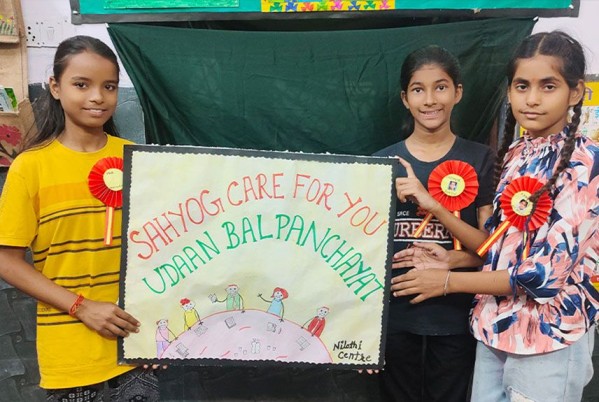One of the most potent tools in the creation of the long-term social change is education. It assists children to create the base of a brighter future and brings the development of a nation. Millions of children in India however, still lack basic education either because of poverty, inaccessibility or because of social stigma. It is at this point that an NGO for child education is very important. Through the assistance of such organizations, people and communities will be able to close the knowledge gap and establish an equal opportunity of all children.
Education as a Pathway to Change
The aspect of providing education to a child not only changes the life of that child but it also spread its impact to the family and the society the child belongs to. Higher education leads to a quality job, health knowledge, and ability to make decisions. Funding an NGO for child education implies that underprivileged children will not be left behind and they will have a fair opportunity to define their future.
A well educated child is a responsible citizen who gives back to the society in a significant manner. They would be more inclined to promote equality, sustainability, and justice, which are the core values of a powerful country. Therefore, when people contribute to the support of an NGO to provide education to children, they are also helping to create a more conscious and powerful society.
Sahyog’s Commitment to Education for All
One of such organizations that contribute to a change in this sphere is Sahyog. Sahyog is offering educational services to children who either do not have access to formal education or require additional assistance to be on par with the rest of the children through their Non-Formal Education (NFE) and Remedial Education programs. These programs provide personalized learning plans to bridge the gap in education, improve the level of literacy and numeracy, and equip children with a chance to succeed in their academic pursuits.
NFE targets children that have never attended school or dropped-out because of socio-economic factors. The adaptable framework enables them to study at their speed in a non-competitive setting. The Remedial Education program, conversely, assists the children already in the schools, but unable to follow the program. Personal attention is given to every child by Sahyog, this makes sure that each child is able to develop well and achieve his or her potential.
In order to further reinforce this strategy, Sahyog holds Parent-Teacher Meetings (PTM) on a monthly basis. These meetings are one of the key platforms to track the progress of every child and engage parents in the learning process. Parenthood awareness and involvement in the education of a child facilitates closer home-school relationship and helps to motivate the children to remain motivated.
Building Inclusive and Aware Communities
When one funds an NGO for child education, he or she does not merely help individual kids, but a whole community is transformed. The children who are educated become role models to other children. They motivate their fellow humans, encourage equality and end poverty and illiteracy cycles. These aggregates over time result in better societies that are inclusive and stronger in such a way that each and every person can play a significant role.
Donors and volunteers take part in bringing this social change by donating to organizations such as Sahyog. It could be financial assistance, volunteering, creating awareness, or any other way, but all that would help to provide education to those people who need it the most.
Conclusion
Education serves as the pillar of social development and child education is one of the best methods to ensure long term change through the encouragement of an NGO. Such organizations as Sahyog are filling the educational gap with their Non-Formal Education and Remedial Education programs, giving every child the opportunity to learn, develop, and achieve. Through consistent Parent-Teacher Meetings to monitor the progress and get families involved, Sahyog works on the importance of community participation in enhancing educational performance.
By funding an NGO for child education, you are not funding the education of a single child, but a more inclusive and improved future.

